New measures on the banking market
The National Bank of Romania has lent 2 billion euros to commercial banks in an attempt to stop the accelerated growth of interbank interest rates.

Daniela Budu, 04.10.2017, 13:50
The National Bank of Romania stepped in to prevent the rapid growth of the ROBOR index. ROBOR is the interbank rate that influences directly the interest rates of Romanians who took out loans in the domestic currency, the LEU. Actually ROBOR is the average interbank lending interest rate, which is used to determine interest rates for most loans in lei.
The Central Bank expects ROBOR to start going down after having lent commercial banks 2 billion euros, a record amount for the past years, for an interest rate of 1.75%. The Central Bank’s decision comes after ROBOR went up fast to the level of 1.8%, its highest level in the past three years.
One of the reasons for this has been the lack of liquidities on the market for a longer period, Central Bank Governor, Mugur Isarescu has explained: “We have made this injection of liquidity because the data that we have been collecting as of last Thursday show that unlike in the previous months, when the liquidity deficit was only present in the fist five days of the month, this deficit seems to be felt for a longer period now. “
The Central Bank’s liquidity inflow does not mean that the interbanking interest rate will return to its minimum level reached a few months ago, Isarescu has also said. The institution’s spokesman, Dan Suciu, has explained that the Central Bank was expecting ROBOR to increase, but not at such a fast pace.
Dan Suciu: “ROBOR is only a component of people’s interest rate, it’s not the entire interest rate. It went up by 0.5%. This is a fact. I believe anyone is able to make these calculations. In the last month or in comparison with its level one year ago, it went up by 0.8%. It is a significant amount, because it is by several tens of lei or even by 100 lei bigger, but this is not the real threat. We will also have inflation-related pressure, which can already be felt.”
Central Bank officials and Finance Minister Ionut Misa have also explained the Commercial Banks’ lack of liquidity through the state’s improved performance in tax collection. Another decision of the Central Bank aimed at calming down the market has been to reduce the interval in which interbanking interest rates can vary.
The Central Bank’s Board decided to keep the key interest rate unchanged at 1.75% per year, to lower the lending facility interest for banks in need of liquidity by 0.25% and to raise its interest for deposits by the same margin. Mugur Isarescu has also said that the measures taken by the Board are aimed at maintaining price stability on medium term, in a manner likely to contribute to achieving sustainable economic growth.






























